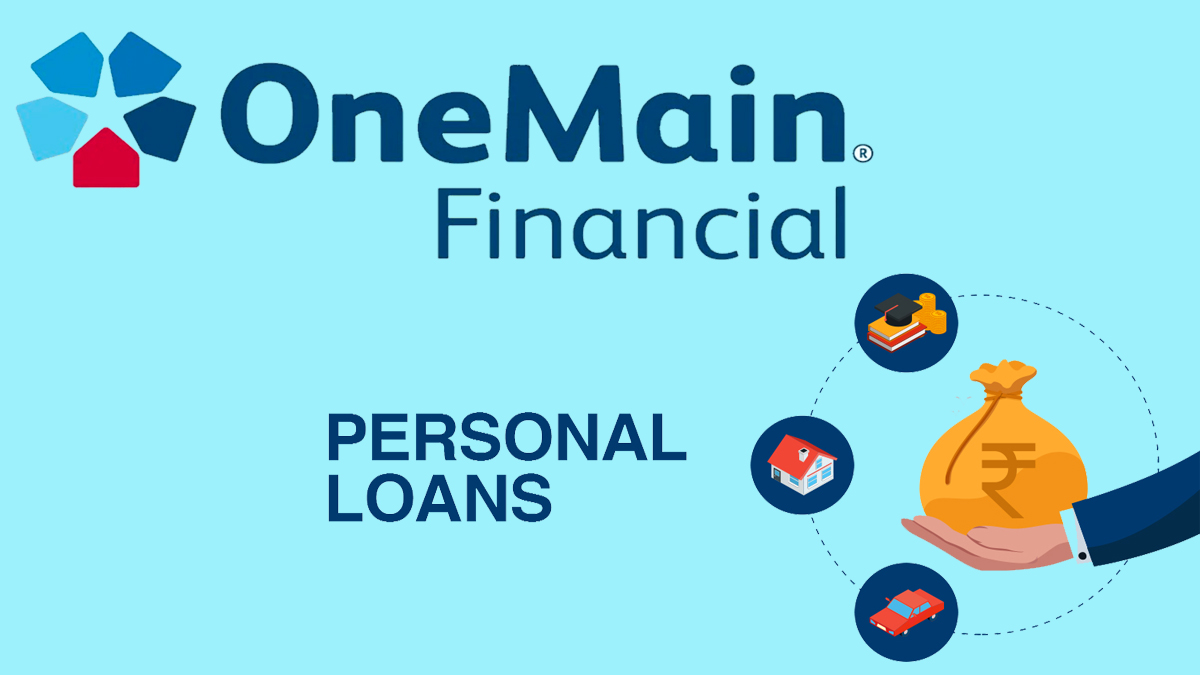You are not qualified to apply for personal loans? Do not panic. There are alternatives to personal loans that you can easily qualify for.

It is a popular fact that personal loans are designed to help cover various needs, from emergencies to big purchases. However, they might not always be the best option based on your current financial situation.
You are in need of financial help, but you’re uncertain whether a personal loan is right for you. Well, you don’t need to panic; you can consider other options. In this article are 8 alternatives that might suit you better, depending on factors such as your credit score or how quickly you need the funds.
8 Alternatives to Personal Loans
Just as I have mentioned above, personal loans provide fast, unsecured funds for various needs. However, since they don’t require collateral, lenders often have strict eligibility criteria, including a good credit score and low debt. This can make it quite difficult for some individuals to qualify.
Fortunately, if you don’t qualify for a personal loan, you don’t need to panic at all. There are other ways to get the money you need. Here are 8 alternatives to consider when a personal loan isn’t an option.
1. Credit card
A credit card acts as a flexible line of credit, allowing you to borrow as needed up to a set limit. As you make payments, your available credit replenishes, giving you room for future purchases. You can choose to pay off your balance in full each month or spread out payments over time, depending on your situation.
However, carrying a balance from month to month means paying interest, which can be higher than a personal loan rate, depending on your credit. Regularly paying down your balance can help you avoid high interest costs.
Credit cards also offer cash advances if you need cash instead of just making purchases. But be aware that cash advances often come with additional fees and a higher interest rate.
2. Home equity loan or HELOC
If you have equity in your home, you can consider borrowing against it through a home equity loan or a home equity line of credit (HELOC). Both options use your home as collateral.
A HELOC offers a flexible credit line, allowing you to borrow as needed and repay over a set period, with the possibility of a large final payment. On the other hand, a home equity loan gives you a lump sum of money, which you repay in fixed installments.
3. Personal line of credit
A personal line of credit is very similar to a credit card and works the same, often with a card for access, but it’s typically linked to your bank account. It provides a revolving credit line. This enables you to borrow and repay money anytime you want.
Compared to credit cards, personal lines of credit often offer lower interest rates, sometimes even lower than personal loans. This makes them a flexible and affordable option for accessing funds.
4. Peer-to-Peer Loan
Peer-to-peer (P2P) loans are one of the best alternatives to personal loans if you don’t have the perfect credit score. These loans are funded by individual investors who might be more flexible with credit requirements compared to traditional lenders. You might also get a better interest rate.
To get a P2P loan, you can easily apply through an online platform. If you’re approved, the platform will connect you with investors who make decisions about whether to fund your loan.
5. Retirement Loan
A retirement loan allows you to easily borrow money from your retirement savings. And you can repay it with interest over a set period. This set period is usually five years or as long as you remain with the company.
If you leave your job, you must repay the loan within 60 days. If you don’t repay it on time, the remaining balance is treated as an early withdrawal and will be taxed accordingly.
6. Cash-Out Mortgage Refinance
If you have substantial equity in your home, a cash-out mortgage refinance lets you borrow more than you owe and take the extra cash. Some programs, like the FHA cash-out refinance, accept lower credit scores and offer terms up to 30 years.
This process usually takes 30 to 45 days and involves more detailed financial paperwork than a personal loan. It might not be worth refinancing if your current mortgage rate is very low. Also, remember that failing to make payments could put your home at risk of foreclosure.
7. Payday Loan
Payday loans offer quick cash but come with very high interest rates and fees. They might provide immediate relief if you need money fast and can repay it within a couple of weeks.
To get a payday loan, you’ll usually need a checking account and proof of regular income. While some lenders might extend the loan term, this often comes with additional fees, which can trap you in a cycle of high-interest debt. These loans are particularly harmful to low-income individuals and vulnerable groups.
In general, payday loans are best avoided. However, if you have a temporary cash shortfall and can pay back the loan quickly, they might be a short-term solution.
8. Life Insurance Policy Loan
Do you have a permanent life insurance policy? Good for you. You might be able to borrow against the cash value it has accumulated. The best part is that this works like borrowing from home equity, where your policy acts as collateral.
Repayment terms are often flexible, and your insurer might not require regular payments. Instead, any unpaid balance is simply subtracted from your death benefit.
Frequently Asked Questions
Why consider alternatives to personal loans?
You should consider alternatives in order to avoid debt traps, high interest rates, or fees.
Can I use credit cards as an alternative to personal loans?
Yes, you can make use of credit cards as an alternative. However, it is advisable to use them for shorter terms and smaller amounts.
What other alternatives exist?
There is crowdfunding, also known as GoFundMe. You can also borrow loans from family and friends.
What should I consider before exploring alternatives?
Before exploring alternatives, you should consider building an emergency fund, improving credit scores, seeking financial counseling, and reducing expenses.



